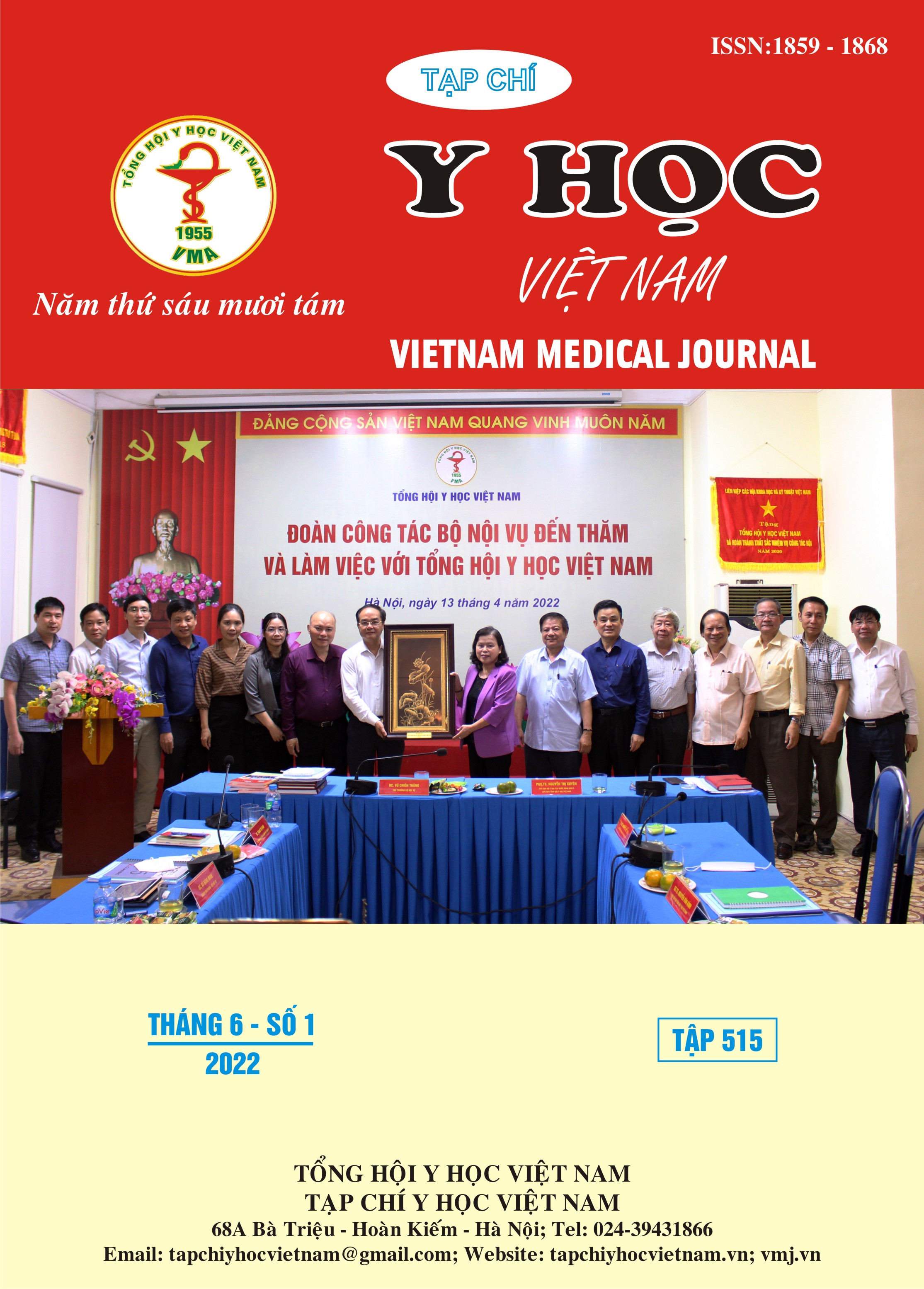EVALUATION OF CLINICAL PHARMACY INTERVENTION ON CARBAPENEM USE IN THE INTENSIVE CARE AND POISON CONTROL DEPARTMENT AT NINH THUAN PROVINCIAL GENERAL HOSPITAL
Main Article Content
Abstract
Objectives: To investigate the prevalence of antimicrobial resistance, the pattern of carbapenem use and to evaluate the initial intervention of clinical pharmacists on carbapenem use at the Intensive Care and Poison Control Department at Ninh Thuan Provincial General Hospital. Subjects and methods: A cross-sectional study was conducted, comparing two phases with phase 1 (pre-intervention phase) from 07/2020 to 12/2020 and phase 2 (intervention phase) from 01/2021 to 07/2021. Criteria for the critical use of antibiotics were based on Guidelines for using antibiotics of the Ministry of Health, 2015; Antibiotic Usage Guidelines of Ninh Thuan General Hospital, 2017 and The Sanford Guide to Antimicrobial Therapy, 2020. Results: In both phases, Gram-negative bacteria accounted for the majority of bacteria isolates and had a high rate of carbapenem resistance. Imipenems were more prevalent among carbapenems (over 90% of all medical records). With clinical pharmacist interventions, the appropriate use of antibiotics was increased to 70.5%; recommendations from pharmacists for dose optimization were approved in 88.1% of cases and 48.9% of patients recovered from the disease. Conclusion: After the intervention of a clinical pharmacist, the appropriateness of antibiotic use was improved. This shows the role of clinical pharmacists in the antimicrobial stewardship programs for antibiotics in general and carbapenems in particular.
Article Details
Keywords
Carbapenem, antimicrobial resistance, ICUs, clinical pharmacist intervention
References
2. Bộ Y tế (2015), Quyết định số 708/QĐ-BYT về việc ban hành “Hướng dẫn sử dụng kháng sinh”, Hà Nội.
3. Bộ Y tế (2020), Quyết định số 5631/QĐ-BYT về việc ban hành “Hướng dẫn thực hiện quản lý sử dụng kháng sinh trong bệnh viện”, Hà Nội.
4. Gilbert D. N., Chambers H. F., Saag M. S., Pavia A. T. (2020), The Sanford Guide to Antimicrobial Therapy 2020, Antimicrobial Therapy, p. 83-127.
5. Larsson M., Olson L. et al. (2019), “High prevalence of colonisation with carbapenem-resistant Enterobacteriaceae among patients admitted to Vietnamese hospitals: Risk factors and burden of disease”, The Journal of Infection, 79(2), p. 115-122.
6. Versporten A., Zarb P. et al. (2018), “Antimicrobial consumption and resistance in adult hospital inpatients in 53 countries: results of an internet-based global point prevalence survey”, Lancet Glob Health, 6(6), e619-e629.
7. WHO (2020), “2019 antibacterial agents in clinical development: an analysis of the antibacterial clinical development pipeline”, https:// www.who.int/publications/i/item/9789240000193 (Accessed Apr 18th 2022)


